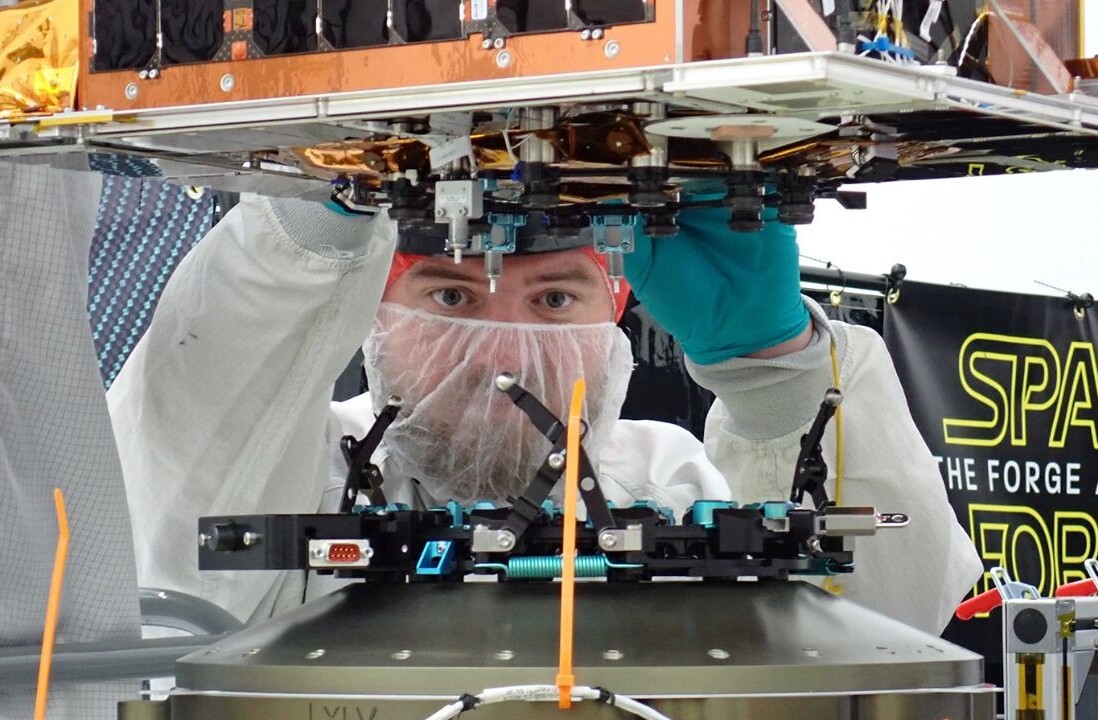
Few industries stand to gain more from recent innovations in technology (and certain federal legislation) than healthcare.
In 2014 and beyond, consumers will finally start to benefit from some of the innovations that have been evolving over the past year, from 3D prosthetics to cutting-edge genetic testing.
To find out more, I asked eight entrepreneurs from the Young Entrepreneur Council (YEC) the following question:
What are the most exciting startup ideas to come out of the healthcare space in the last year?
 1. CareSolver
1. CareSolver
Here are some stats: Family caregivers provide 83 percent of senior care in the U.S. Each year, and these family caregivers spend about $5,000 and devote 1,000 hours to provide care to their families. If caregiver errors were slashed, which could potentially reduce Medicare costs, then $60 billion in preventable medical costs could be eliminated.
Enter CareSolver, which is a free tool to make caregiving easier. They give nonprofessional family caregivers customized care guides tailored to their loved ones’ needs. If CareSolver can reduce that $60 billion through healthcare education, then that’s exciting.
– Brett Farmiloe, Internet Marketing Company
 2. Practice Fusion and CareCloud
2. Practice Fusion and CareCloud
A portion of the Affordable Care Act makes it a requirement that medical providers switch to electronic health records, so there have been several startups offering services in that realm, including Practice Fusion and CareCloud.
– Andrew Schrage, Money Crashers Personal Finance
 3. Bespoke Innovations and 3D Systems
3. Bespoke Innovations and 3D Systems
The emergence of 3D-printed prosthetics represents a major milestone in not just the functionality and aesthetics of artificial limbs, but also the accessibility of them.
– Sam Saxton, Salter Spiral Stair and Mylen Stairs
 4. Big Data in Healthcare
4. Big Data in Healthcare
Over the past year, a number of powerful applications of big data approaches to healthcare problems have emerged as promising solutions. Startups are using quantified self data to solve infertility (Glow), running big data analysis on differential diagnoses for cancer treatments (HC Pathways) and applying ad tech techniques to find correlations in disease treatment (Flatiron Health).
We’ll continue to see innovative solutions to enduring healthcare problems as more data becomes available, and existing dig data solutions are applied to them.
– Michael Mayernick, Spinnakr
5. Turntable Health
Turntable Health has to be by far the most exciting healthcare startup. A flat membership fee includes access to doctors, a personal health coach, classes on cooking, nutrition, yoga, etc. It’s revolutionary!
– Peter Awad, GoodBlogs
 6. NextGxDx
6. NextGxDx
The Supreme Court ruled against the patentability of naturally occurring human genes this past June. This previously meant that companies were able to patent a specific gene sequence that correlated to a specific health risk or drug sensitivity.
Not surprisingly, the patent licensing was cost prohibitive for research and prevented bringing genetic testing to the masses. Now, after the ruling, the industry is poised to explode, and NextGxDx is looking to capitalize on the genetic stampede by providing a gene test marketplace; think of it as an Amazon Marketplace for gene testing.
 7. Oscar
7. Oscar
The new health insurance company Oscar has been getting tons of buzz, especially in New York City. They are using technology “to make insurance simple, intuitive and human.” The platform they are building boasts an easy-to-use onboarding experience and better customer service.
Patients will have an easier time managing their care through Oscar’s set of tools, too. The team behind Oscar is a roster of experienced entrepreneurs. It will be exciting to see its vision unfold for better healthcare solutions through technology.
 8. Tech Integration for Improving Care
8. Tech Integration for Improving Care
The use of technology to build better relationships, improve communication and diagnose early based on EMR-integrated provider-patient platforms excites me as a healthcare angel investor. Although the quantified self receives lots of attention, large segments of our population are not as tech-savvy, and technology needs to have tangible and immediate benefits for high adoption.
The second trend is compliance-based technology that allows patients to stay in therapy, receive consistent feedback and rely on a support network (IVR/SMS).
– Shradha Agarwal, ContextMedia
Get the TNW newsletter
Get the most important tech news in your inbox each week.





